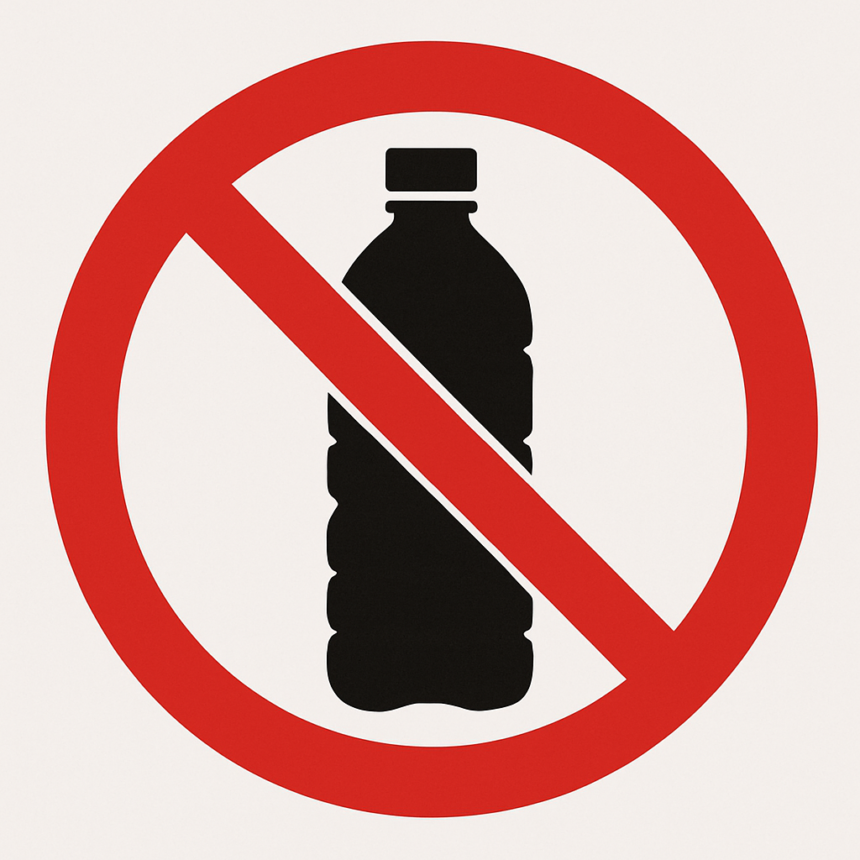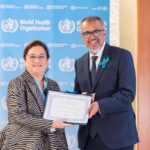As the world marks World Environment Day 2025 with a focus on “Putting an End to Plastic Pollution,” Africa stands out as a beacon of environmental activism. The World Economic Forum reports that a staggering 8 million tonnes of plastic waste find their way into the oceans annually. Without urgent and coordinated action, it is projected that by 2050, there will be more plastic than fish in the sea.
In Ghana alone, a staggering 840,000 tonnes of plastic waste are generated each year, with only 9.5% being collected for recycling. The rest ends up clogging drainage systems, polluting coastal areas, and posing a threat to marine ecosystems.
On the occasion of World Environment Day on June 5, 2025, President John Dramani Mahama of Ghana announced a nationwide ban on the importation and local production of styrofoam packaging, also known as takeaway packs. He referred to styrofoam as one of the most harmful pollutants and outlined plans to promote environmentally friendly alternatives such as paper and aluminum foil.
This bold move positions Ghana among a growing number of African countries that have implemented bans on single-use plastics, underscoring the continent’s commitment to sustainable development.
Here are 10 African countries leading the charge in eliminating single-use plastic:
1. Rwanda: In 2008, Rwanda became one of the first countries globally to ban plastic bags, transforming the nation into one of Africa’s cleanest countries.
2. Kenya: Kenya introduced one of the world’s strictest plastic bag bans in 2017, with severe penalties for violators.
3. Morocco: Morocco banned the production, importation, sale, and distribution of plastic bags in 2016.
4. Tanzania: Tanzania prohibited the manufacture, importation, sale, and use of plastic carrier bags in 2019.
5. Mali: Mali implemented restrictions on single-use plastics as part of its environmental agenda.
6. Cameroon: Cameroon banned non-biodegradable plastic bags to reduce the environmental impact of plastic waste.
7. Ethiopia: Ethiopia has implemented restrictions on single-use plastics, especially in urban areas.
8. Senegal: Senegal passed a plastic bag ban in 2015, demonstrating strong political will to protect the environment.
9. South Africa: South Africa introduced a plastic bag levy in 2004 and banned thin plastic bags.
10. Botswana: Botswana imposed limits on single-use plastics as part of its conservation efforts.
On this World Environment Day, we celebrate the vision and determination of these African nations that have taken bold steps against single-use plastics. Their progress serves as both inspiration and a blueprint for others in the fight against plastic pollution. Despite the ongoing challenges, the path to a cleaner and greener planet is clearer thanks to the trailblazing efforts of these African countries.
Let us honor their achievements and intensify our efforts towards a plastic-free, sustainable future for Africa and the world.








